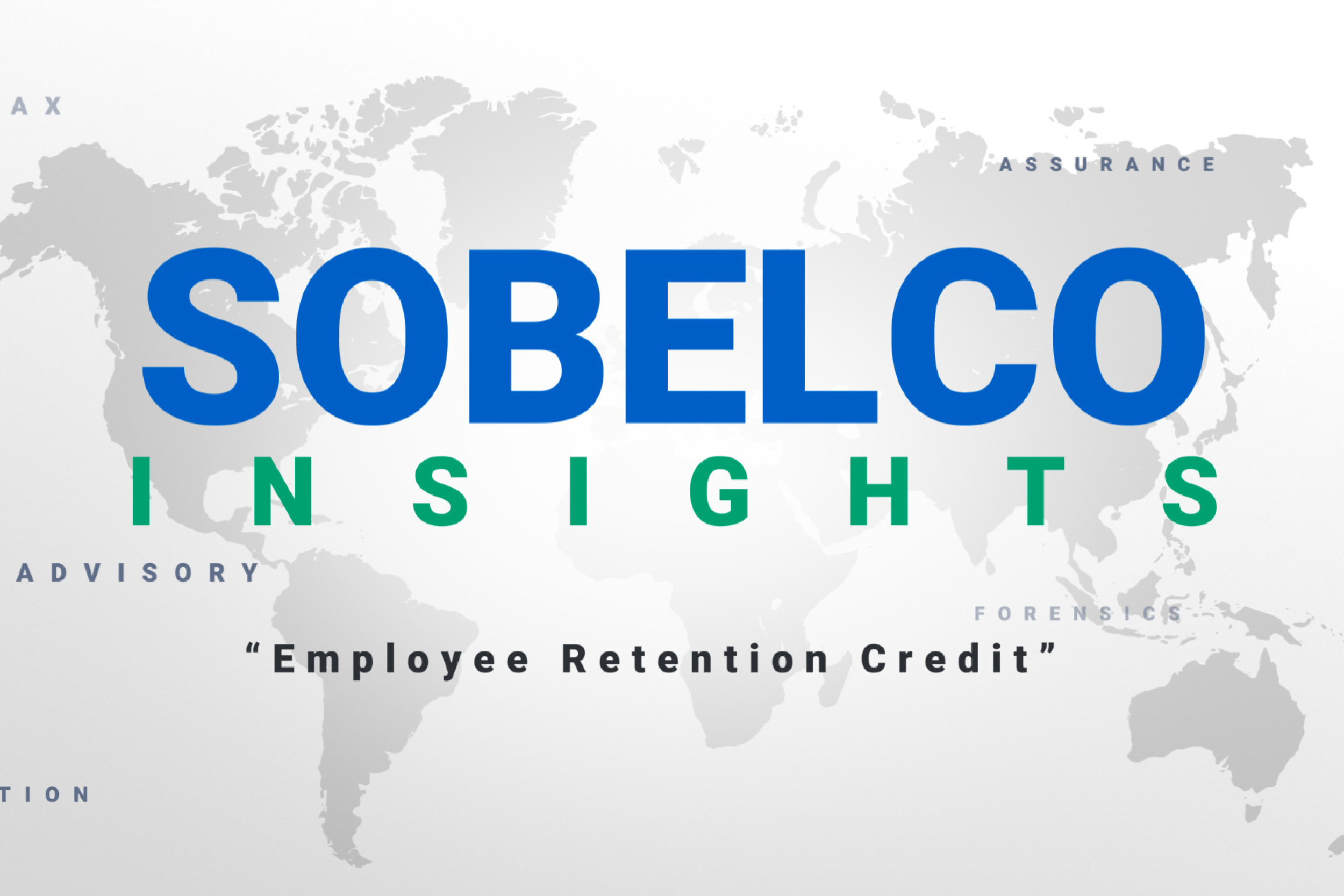
Valuation can be an important tool for a business owner for many reasons, such as:
1. Estate and gift tax planning and passing on equity interests in a business to family
members or others, at a reduced value
2. Selling a business or buying a business
3. Taking on a partner or buying out a partner
4. Preparing for an ESOP transaction (Employee Stock Ownership Plan)
5. Litigation purposes including shareholder or matrimonial matters
What is a valuation and who should perform one? A valuation should be prepared by an accredited or certified valuation professional. There are several business valuation designations that are widely recognized. These include:
- Accredited Senior Appraiser (“ASA”) – American Society of Appraisers (ASA)
- Certified Valuation Analyst (“CVA”) – National Association of Certified Valuation Analysts (NACVA)
- Accredited in Business Valuation (“ABV”) – American Institute of Certified Public Accountants (AICPA)
There are other credentials as well, but these above are widely recognized and considered the best. It is important that you have a valuation professional who is credentialed, thus confirming that the individual has had significant valuation training, been peer reviewed and tested, and has the requisite knowledge base to provide a valuation that meets a minimum standard.
Another important aspect of valuation is the level of work, or scope of work, to be performed. There is an in depth valuation, called an Appraisal by the ASA or NACVA, or a Valuation Engagement, by the AICPA. There are also reduced scope levels of work, that allow the client and valuation professional to decide on how many valuation methods will be applied, what type of report will be prepared, etc. This can be a Limited Appraisal, Restricted Appraisal, or Calculation Engagement. The reduced scope deliverable will be less expensive, however, it will not be as thorough and detailed as a full scope report.
When we prepare reports for the IRS for estate or gift tax purposes, an appraisal or valuation engagement is necessary. For management planning, buy-ins and buy-outs or partnerships or equity interests, we often perform reduced scope reports as they are less expensive and the client doesn’t require all of the additional analysis that comes with a full appraisal or valuation engagement. For example, a calculation report will typically exclude a write up on the economy, the company’s industry, and a company ratio analysis. An appraisal or valuation report will include these sections.
Valuation can also be important when faced with litigation. When qualified valuation personnel are brought into litigation matters, it can be much easier to settle if both valuation professionals are properly trained. Typically, the values of the independent experts should not be so far apart if both are using the same methods and are reasonable in their assumptions. Parties to a litigation can also decide to use just one valuation professional who will be neutral for both sides. This can be a less expensive option.
If you have any questions regarding valuation matters or what our Forensic and Valuation Services Group can offer, please don’t hesitate to email us.


